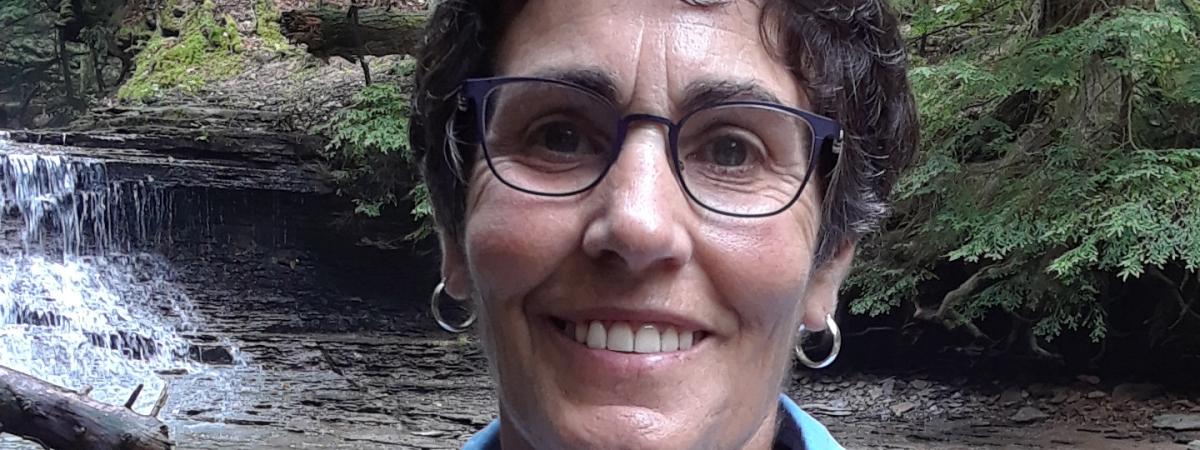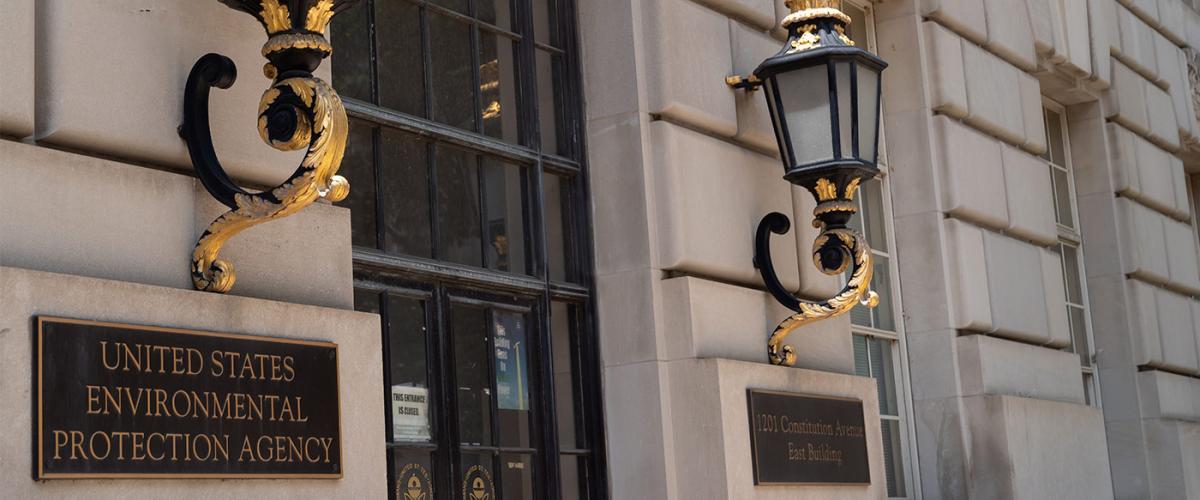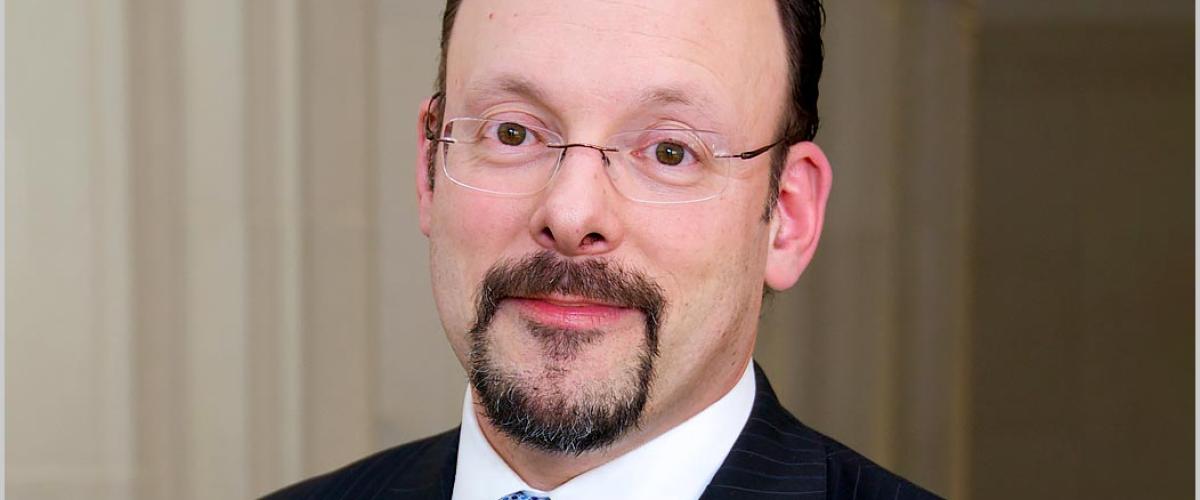This past spring, Case Western Reserve University School of Law welcomed Beth Nagusky (‘82) back to teach an elective course on climate law for first-year students.
Professor Nagusky graduated from the School of Law in 1982 and moved to Maine soon after, pursuing a diverse career in environmental law and policy with state government, non-government organizations and the renewable energy sector. Her diverse career included notable leadership roles, including Acting Commissioner of the Maine Department of Environmental Protection, Director of the Maine Renewable Power Association, State Energy Director and as an attorney with the Natural Resources Council of Maine and Environment Northeast. After returning to Ohio, she also worked as an attorney with the Lake Erie Energy Development Corporation and is a member of the alumni advisory board for the Coleman P. Burke Center for Environmental Law.
“I’m thrilled to take on the challenge of training the next generation of environmental attorneys and leaders,” said Nagusky. “There is so much work that needs to be done to take on the many environmental challenges we face.”
At each stop in her career, Nagusky has dealt with the regulation of energy use, an issue closely related to climate change. She shared her expertise in greenhouse gas regulations with first year law students in the elective course, “Climate and Energy Law and Policy,” which explored the formation of environmental regulations from local authorities to international agreements, describing how these entities interact to meaningfully reduce greenhouse gas emissions.
In addition to her focus on energy and climate, Nagusky has worked on land use/smart growth, wetlands regulations, transportation policy, endangered species, toxics use reduction and other environmental issues over her decades-long career. This fall, she is teaching a land use course, a topic she describes as “fascinating because it involves navigating very real tensions between private property rights, advocates of those rights, and environmental, health, and social interests.”
“We are delighted to welcome back Professor Nagusky to the law school,” said Professor Jonathan Adler, director of the Coleman P. Burke Center for Environmental Law. “Her hands-on experience from her time as an environmental advocate will inform and enrich class discussions and add valuable perspective to the faculty.”





